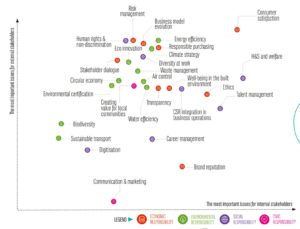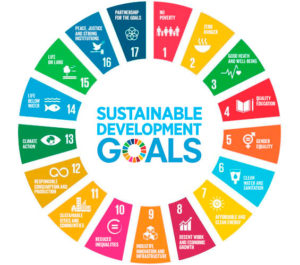Financing energy transition across operations and supply chains
The Low-Down on Energy Transition
The 2015 Paris Agreement saw 195 of the world’s governments commit to preventing dangerous climate change by adopting a 1.5°C trajectory. Bearing in mind global warming has already reached 0.85°C, that conference kick started the global transition toward a low-carbon economy. That said, transition pathways and their respective strategic implications hinge on collective commitment. In an ‘accelerated transition’ scenario characterized by a sudden carbon price increase; the global economy could suffer greater adverse impacts than in an ‘orderly transition’. As such, most scenarios in the ACPR’s climate stress-test hypotheses assume carbon prices over 700€ per ton of CO2ein 2050. Today’s carbon market price is around 30€ (I4CE, 2019)–bearing in mind it was much lower in the past decade.
Key Takeways
Despite these alarming perspectives, the maturity of key economic players toward the energy transition is as of yet insufficient to tackle this critical challenge. In this briefing paper, Ksapa demonstrates ways to finance the energy transition across operations and supply chains.
Read the Document in Full
To learn more, register and download our briefing paper.
"*" indicates required fields























